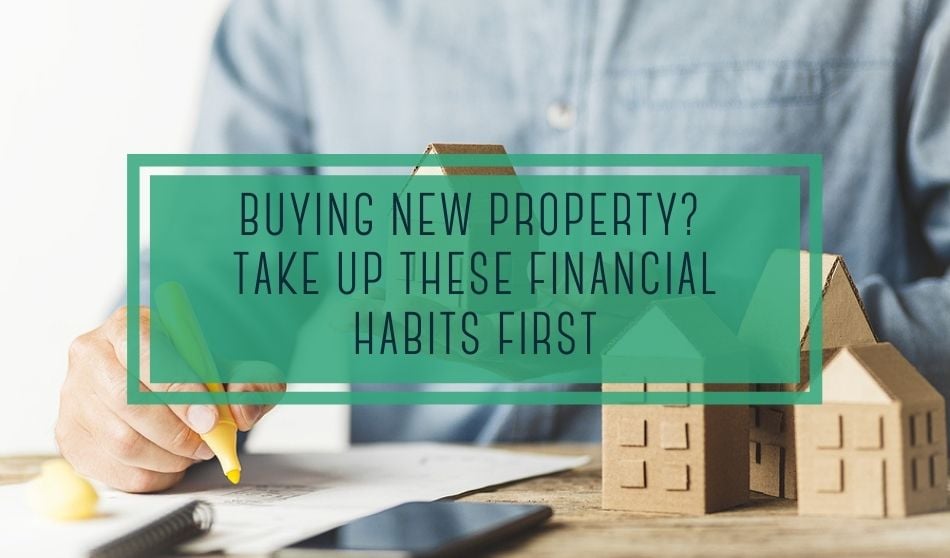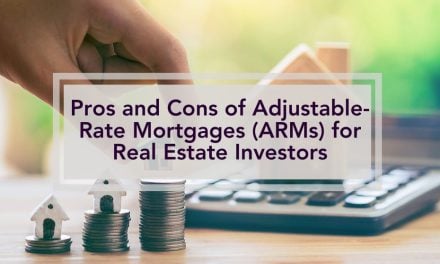Buying a new home or property as a landlord is always an intimidating step. The most important thing to keep in mind before buying new property is to make sure you have your finances in order. Taking up healthy financial habits is no easy feat, but can help you manage your properties that much easier. Here are just a few of the financial habits you should embrace before you purchase your next property.
Create A Budget for All Your Properties
While creating a budget for our day-to-day lives is important, this is even more crucial for someone who is balancing the expenses of multiple properties. You’ll want to create several budgets, one for each property and an overall budget. This will ensure that you’re not spending too much money on maintenance for any of your properties and that you’re keeping your money in check.
These budget creations will require several figures, including a maintenance budget, your monthly income, and, of course, the amount you spend in monthly mortgage payments to each property. All of this will help you determine an approximate budget for each of your properties.
Learn more: Top tips for Getting Started as a New Landlord or Investor
Take A Look Into Your Credit Score
Your credit score can be a big determining factor in your ability to buy a home and how much you can spend on it, so if you’re looking to purchase and rent out a home, be sure to monitor your credit score. Different loans require different credit scores, so doing your research ahead of time will help you determine which loan you can get.
Monitoring your credit annually is free and easy using your bank account or a credit score app. Plus, it won’t negatively affect your score. Being aware of your current standing will help you decide whether or not financial changes are necessary so that you may improve your credit, or, if you’re in a great financial position, to get another loan for a property.
Organize Your Monthly Bills And Income
Organizing your monthly payments from your tenants and your own monthly bills with a streamlined and cohesive system like a property management software, will help your budgeting in the long run. This is especially important if you need to make unexpected repairs or your tenant is late on a rent payment. Be sure to document receipts on unexpected repairs and copies of checks or bank statements for your tenants’ payments. This will ensure that you’re prepared in the event your tenant neglects to pay for a month’s rent or moves forward with any legal action.
Track the Maintenance Each Property Requires
While setting up a maintenance budget for each property is crucial, tracking the actual maintenance costs in the long term will give you a clearer picture of how much you’re actually spending and if budget adjustments are needed. If a property is older, or less maintained by the previous owner, it may need more maintenance than originally allocated for and could cause you to overhaul your budget.
You’ll also want to make sure that you track the usual maintenance projects you’re required to in your lease, such as mowing the lawn and other seasonal property maintenance. These maintenance tasks, while usually minor, are often overlooked and should be carefully tracked in terms of the amount of time they require and how much they cost.
Learn more: Ultimate Guide on Rental Property Maintenance
Plan for the Unexpected
Lastly, planning for the unexpected with an emergency fund will be a lifesaver, especially after the effects left by the COVID-19 pandemic. Set aside an allotted amount of your income toward a separate account left for emergencies only. New landlords should have an emergency fund allocated for the property and one for personal matters. This will ensure that in the case of a property emergency such as a natural disaster, or personal emergency such as a hospital visit, that you’ll have money set aside to cover some or all of these costs. Determine a strategy toward building this emergency fund and be sure to allocate it into your budget as well. This will give you the peace of mind that you’re covered no matter what life throws your way.
Creating financial habits for the long-term is a difficult and time-consuming process, but will be well worth it when you’re juggling multiple properties and tenants. Having an organized and detailed money management style will allow you to focus on what matters most. Now it’s time to get started and reach your money goals!






